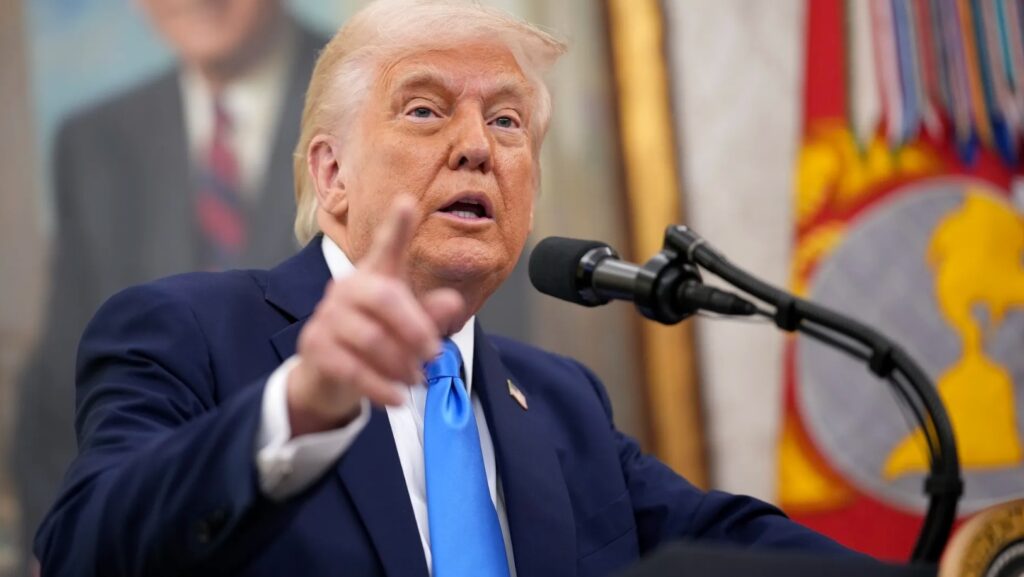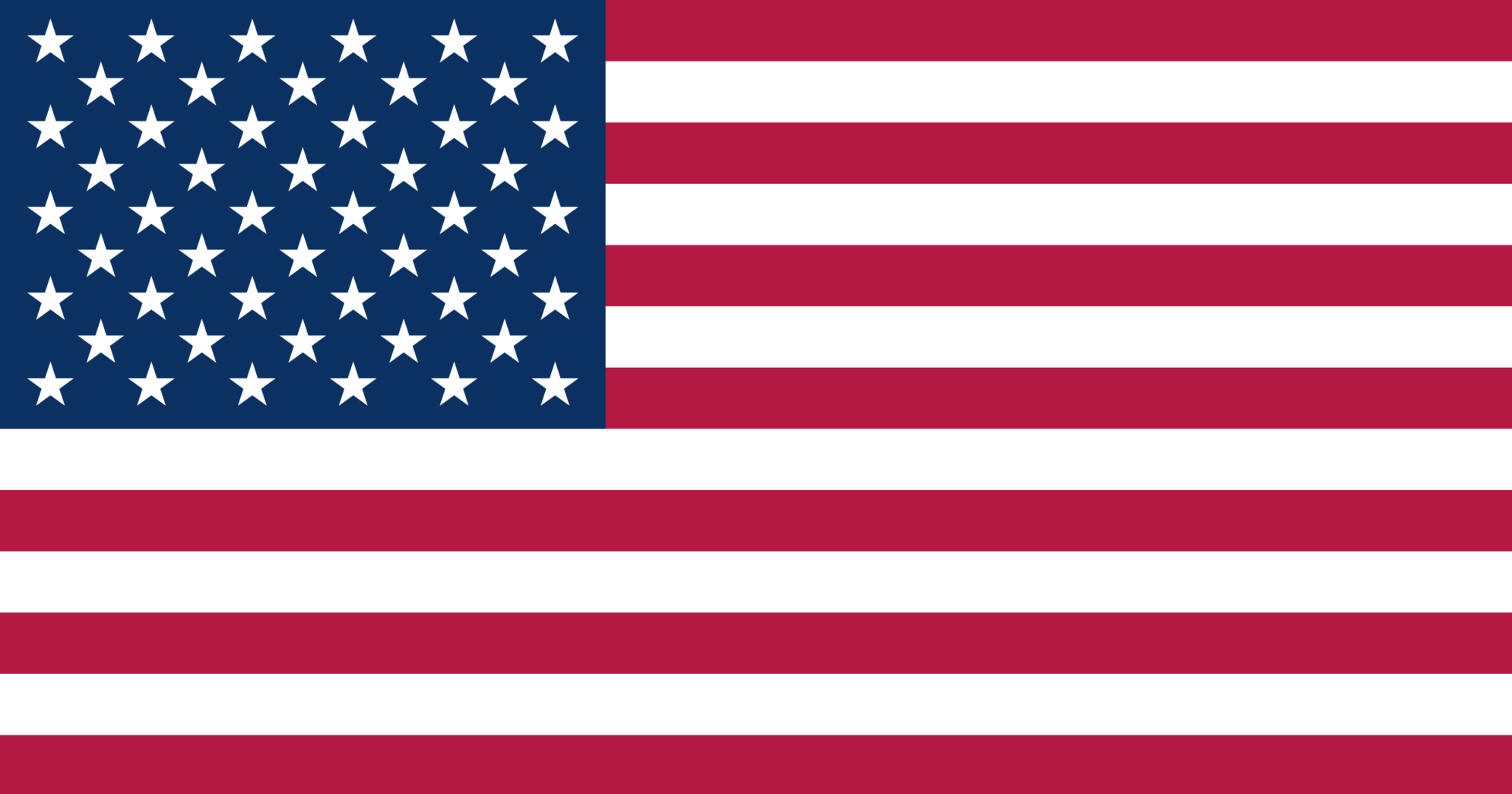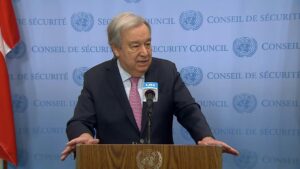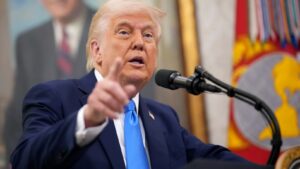The United States imposes “reciprocal tariffs” on its trading partners, and politicians from many countries voice opposition

On April 2, local time, US President Trump signed two executive orders on the so-called “reciprocal tariffs” at the White House, announcing that the United States will establish a 10% “minimum base tariff” for trading partners and impose higher tariffs on certain trading partners. On the evening of April 2, local time, Irish Prime Minister Michael Martin expressed deep regret over the US decision to impose a 20% tariff on EU imports. He said that Ireland believes in open and free trade, and imposing tariffs is “not good for the world economy.” The daily trade volume of goods and services between the EU and the United States exceeds 4.2 billion euros, and the US’s increase in tariffs is “unjustified.” After US President Trump announced a 10% tariff on some Australian products exported to the United States, Australian Prime Minister Albanese held a press conference on April 3 to respond. Albanese refuted the US decision as “without logical basis” and “not the behavior of a friend.” He also said that Australia would not seek to impose reciprocal tariffs on US products and would not join the race to the bottom that leads to rising prices and slowing growth. On the afternoon of April 2, local time, Colombian President Petro said that the US government imposed a 10% tariff on Colombian goods. The US’s view that raising tariffs can increase its own production, wealth and employment may be a huge mistake. On the same day, the Brazilian government issued a statement saying that the US’s claim that it was imposing so-called “reciprocal tariffs” on Brazil for reciprocity was “not in line with reality” and that Brazil would defend the interests of its own producers. The Brazilian Ministry of Foreign Affairs and the Ministry of Development, Industry, Trade and Services said that the Brazilian government is evaluating all possible countermeasures, including filing a complaint with the World Trade Organization (WTO), to safeguard its legitimate interests. Trump announced on the 2nd that he would impose a 24% “reciprocal tariff” on Japan. Japanese Prime Minister Shigeru Ishiba and Minister of Economy, Trade and Industry Yoshiharu Muto said on the 3rd that they were extremely sorry for this and strongly called on the US to re-examine the relevant measures. Muto said that he had elaborated in detail to the US government on the negative impact of the additional tariffs on the economies of the United States and other parties, and would continue to communicate with the US. David Seymour, leader of the New Zealand Action Party, who is about to become New Zealand’s Deputy Prime Minister, said that the news of the US imposing tariffs on New Zealand was worrying and they were closely following the development of the situation. New Zealand Trade Minister Todd McRae pointed out that the United States had misunderstood the calculation of New Zealand’s tariffs and New Zealand would also communicate with the United States on this. On the morning of April 3, local time, Vietnamese Prime Minister Pham Minh Chinh chaired a ministerial industrial meeting and demanded the immediate establishment of a rapid response team to take proactive measures against the US tariff increase policy. South Korean Acting President Han Deok-soo said on the 3rd local time that South Korea will immediately send the Minister of Trade Negotiations to the United States to consult with the US on relevant issues. In addition, Han Deok-soo said that the South Korean government will introduce an emergency support policy for the automotive industry next week. After US President Trump announced a 17% tariff on Israeli imports, Israeli Finance Minister Smotrich said on the morning of April 3 local time that he was in dialogue with relevant parties to comprehensively assess the impact of the decision on the Israeli economy and study and formulate the next response measures. On April 3, Thai Prime Minister Patutan said that the government has formulated short-term and long-term response plans, including adjusting the import tax structure and establishing a special negotiation team to reduce negative impacts and ensure that the GDP growth target is not affected. On April 3 local time, Mexican President Sheinbaum announced the “Accelerated Mexico Plan” to promote the local automotive manufacturing industry in response to the executive order signed by US President Trump to impose so-called “reciprocal tariffs” on trading partners. Shinbaum said the plan has been prepared for several months and covers development measures in multiple areas, among which local automobile manufacturing is listed as a priority development project to strengthen the national economy and create more jobs.





